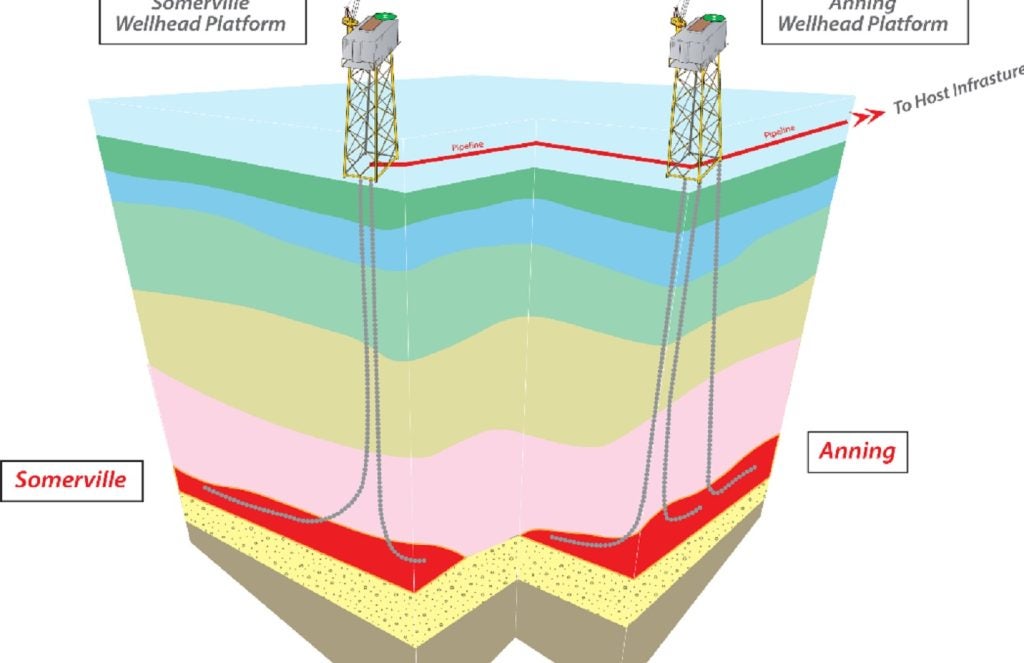Rosebank, the UK’s largest undeveloped fossil fuel field, is set to be approved by regulators within the next two weeks.
The North Sea Transition Authority and the Offshore Petroleum Regulator for Environment & Decommissioning are due to sign off on the project before it is sent to UK Energy Minister Grant Shapps for final approval.
Rosebank is expected to produce more than 500 million barrels of oil in its lifetime, equating to 8% of the UK’s entire output between 2026 and 2030. Oil majors Equinor and Ithaca are both backing the oil field and are expected to release final investment decisions in the coming weeks.
The news comes amid an ongoing debate in UK Parliament over the licensing of new oil and gas fields in the North Sea. In May, UK opposition leader Kier Starmer said that he would block all North Sea drilling if he is elected in 2025.
Starmer’s announcement was met with criticism from industry leaders and politicians, citing impacts on the economy, jobs and energy security. Starmer amended his stance to add that he would not retroactively cancel ongoing developments in the North Sea, including Rosebank.
Rosebank, however, remains controversial with environmentalists and UK ministers, including Shadow Climate Secretary Ed Miliband, who has publicly opposed the oil and gas field.
“The same resources could build the future. The government siphons money to companies making record profits to persuade them to invest in expensive solutions that will not cut bills by a penny”, said Miliband when launching the Labour Party’s Green Prosperity plan in March.
A spokesperson from Equinor told City A.M. that drilling at Rosebank could “counteract the decline in domestic oil and gas production” and contribute to “UK and European energy security”.
According to the International Energy Agency, no new oil and gas fields should be developed if global temperature warming is to be limited to 1.5°C.
UK-based oil company Ithaca plans to continue its role in the project despite previous uncertainty due to disagreements over the rate of windfall tax.
















